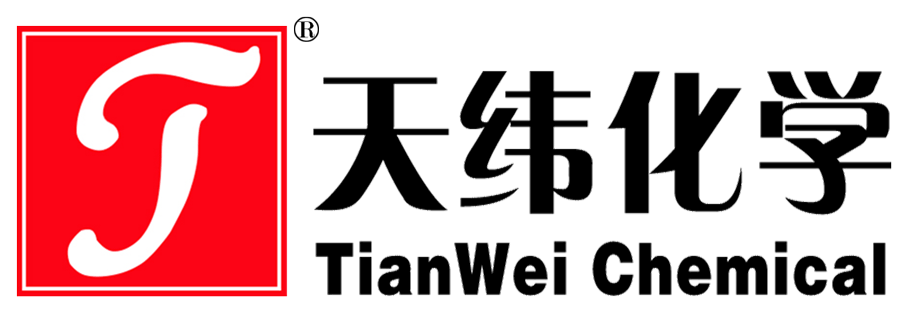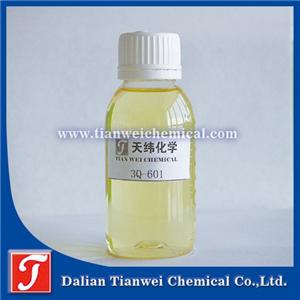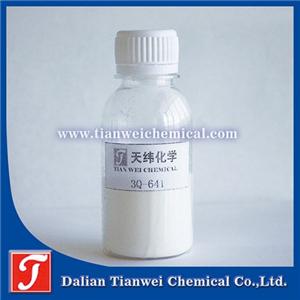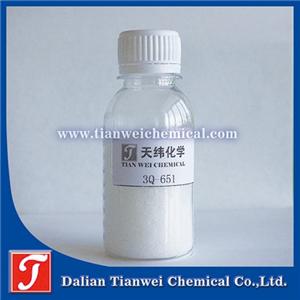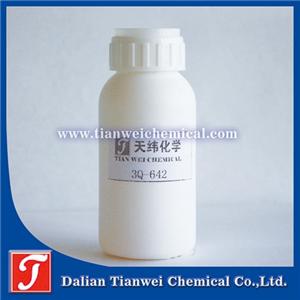How to ensure the safe and reliable use of antifungal agents(一)
The use and types of antifungal agents:
Mold is everywhere, such as in dust, soil, sweat, and air. As long as it encounters the right temperature and humidity, it begins to grow and multiply from uneven places. Therefore, the first place to grow mold is generally the interface. The place where the suture is placed is extremely harmful to the storage and transportation of raw materials and their products. The main function of the antifungal agent is that it will no longer grow mold even in a humid and harsh environment. The antifungal principle of Aihaoer antifungal agent series: destroy the mold cell wall and the enzyme in the cell, denature the enzyme protein and cannot participate in the catalysis. , effectively prevent the growth and reproduction of mold. Antifungal agents mainly include the following:
(1) Antifungal agent for leather: This is a commonly used antifungal agent for leather, and it is also an anti-aging agent with extremely low toxicity. This product is a colorless liquid with a slightly irritating odor. It has good matching performance with various leathers, has a good anti-mildew effect, and has a long protection period for leather. The price is very reasonable. Leather is easily attacked by microorganisms during production and storage, resulting in spoilage and mildew, resulting in serious economic losses. According to the special process conditions such as high salt and high acidity and alkalinity in the tanning process, a series of antibacterial and mildew-proof preservatives have been developed, which are broad-spectrum, high-efficiency, and do not contain phenols and solvents that are harmful to the environment. , Strict requirements for inspection. The characteristics of leather mildew inhibitor can be widely used in various production methods, such as batch type and continuous type, which can be processed without changing the process and production equipment as much as possible. It is a non-release treatment agent, which does not leak, migrate, and is not consumed by microorganisms. It can endow the substrate surface with superior durability. With special mechanical sterilization, drug resistance will not occur. They can effectively inhibit the Bacterial growth, prolong the trial period and shelf life of leather, and cut no harm to the user's health
Textile anti-mildew antibacterial agent: also known as anti-mildew antibacterial agent. It is a milky white liquid with good stability and moisture absorption and perspiration. It can effectively inhibit Gram bacteria, Staphylococcus aureus, Escherichia coli, Pseudomonas pneumoniae, yeast, fungi, insect mites and algae, etc. 3Q-508 textile antibacterial The agent will endow the treated substrate with superior durability, and has a unique protective function against microorganisms life.
Bamboo and wood antifungal agent: The main component is organosilicone quaternary ammonium salt. Bamboo and wood mold inhibitor, as the name suggests, is to prevent wood from becoming moldy during production, storage and transportation, and can avoid problems such as deterioration or discoloration caused by bacteria, mold, algae and yeast; it can keep furniture and other items "fresh" It can inhibit or prevent the growth of odor-causing bacteria and mildew (mold); it can prolong the service life of items because it inhibits the growth of bacteria and mold; it can make items hygienic and clean. Insect control; enduring treatment results, can withstand repeated cleaning and washing; due to other chemical protection properties, can prevent odor generation; within the scope of permitted uses, it has good compatibility with substrates and processes.
Description: Agents that can prevent microbes from causing mildew. There are phenols (such as phenol), chlorophenols (such as pentachlorophenol), organic mercury salts (such as phenyl mercury oleate), organic copper salts (such as 8-hydroxyquinoline copper), organic tin salts (such as chloride Triethyl or tributyltin, etc.), and inorganic salts copper sulfate, mercuric chloride, sodium fluoride, etc. For plastics, rubber, textiles, paints and insulation, etc.
